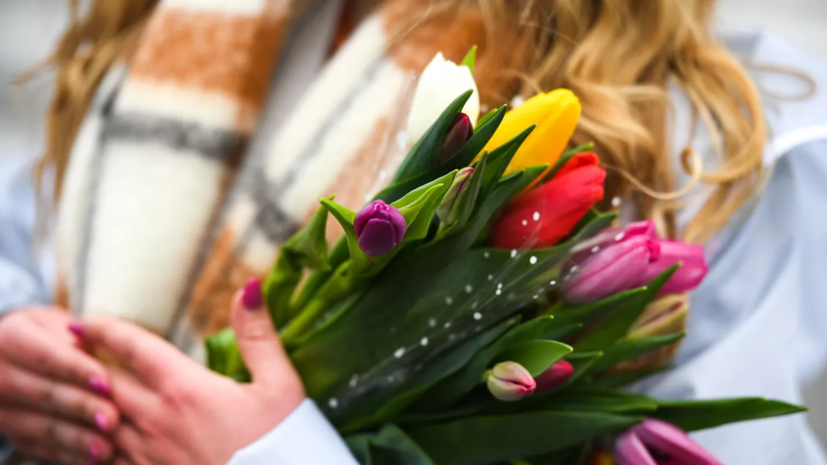According to Valentina Safronova, there is no need to talk about fashion for specific flowers on March 8th.
Tulips, daffodils, and hyacinths are considered traditional, the expert added.
“In the pots there are hyacinths, tulips, crocuses, muscari (the so-called mouse hyacinth), and as for cuttings - the same tulips, hyacinths and daffodils... There is mimosa, which is brought to us from Abkhazia.
That is, there is a large choice,” explained RT’s interlocutor.
According to Alla Nikolaeva, alstroemeria (or Peruvian lily) is considered the most “hardy”.
“It lasts for almost a month because it is biologically grown and lasts until the last bud opens,” she said.
The mimosa costs the least, the specialist clarified: no matter what manipulations are carried out with it, it still “very quickly becomes unusable.”
“Roses are interesting now.
Especially Colombian and Ecuadorian roses last quite a long time if you take care of them, feed them with something, change the water, and keep the vase clean,” the expert added.
As a top dressing, the florist recommended using chrysal - a citric acid-based product that disinfects water.
You can also use a drop of bleach or bleach for this purpose, she advised.
“And the most important condition is that the leaves of the flowers do not stand in the water and rot.
For example, gerberas have a fleecy stem, so these flowers love “low” water; the height of the level in the vase should be about five centimeters, no more,” Nikolaeva shared.
If we talk about tulips, then they can be put in the refrigerator, in the drawer where vegetables are stored, the specialist explained.
“Just be sure to lay them in such a way that nothing prevents them from growing, because if their head rests against some wall, they will definitely bend, be crooked, and only then you won’t be able to straighten them,” said RT’s interlocutor .
As for daffodils, as Nikolaeva explained, these flowers also fade quite quickly.
“But they give so much aroma, so much tenderness and beauty that it is very difficult to refuse these flowers,” concluded the president of the St. Petersburg Florist Association.
Earlier, the chairman of the Association of Nature Users, Roman Korniets, proposed evaluating the idea of testing the implementation of the practice of reusing and recycling wilted bouquets in large cities of the country.

